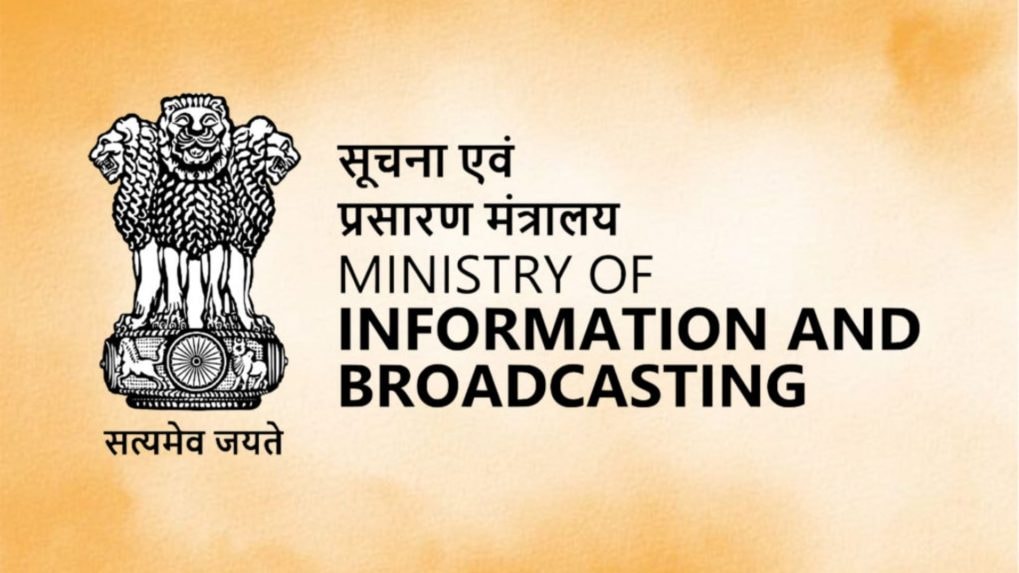How it Works
WPP, Havas, Omnicom: Are advertising’s biggest holdcos recasting agencies as AI Operating Systems?

The Indian Influencer Governing Council (IIGC) has formally written to the Ministry of Information and Broadcasting (MIB), urging to be an active participant in the government’s ongoing consultation process for formulating comprehensive rules governing social media influencers.
Established to strengthen accountability and responsible behavior within India’s burgeoning influencer ecosystem, the IIGC comprises over 140 board advisors, including industry experts from leading brands, agencies, and the influencer community.
Confirming the development, Sahil Chopra, Chairman of IIGC and Co-founder & CEO of iCubesWire, said, “We want to join hands with the Ministry of Information and Broadcasting to frame guidelines for influencers. We already have a code of ethics in place that helps thousands of influencers self-regulate. This is the first time in India that such a comprehensive guideline framework is being drafted for the influencer ecosystem.”
Chopra emphasized that the proposed guidelines would not only provide clarity to the MIB but also assist in drafting well-structured policies addressing the complexities of the digital age. “Additionally, we are conducting awareness campaigns to ensure the influencer community adheres to these guidelines. Education and awareness will help the ecosystem flourish without stifling innovation,” he added.
The IIGC’s existing code of conduct is a robust document that specifically targets toxic and harmful behavior by influencers. It addresses hate speech and discrimination, including the use of racist, sexist, homophobic, or other discriminatory language, inciting violence or hostility against specific communities, and promoting harmful stereotypes or misrepresentations of marginalized groups.
The call for a comprehensive consultation process gains added significance following the Supreme Court’s directive on August 25, 2025, in the case of Ranveer Allahabadi v Union of India & Ors. (W.P. (Crl.) 83/2025). The case arose in the wake of controversies linked to the popular show India’s Got Latent. The Supreme Court instructed the MIB to draft influencer guidelines in active consultation with stakeholders, cautioning against reactionary policies. The Court underscored that the rules must be “broad and wide enough to cater to future needs, keeping in view the modern-day challenges posed by the advancement of technology in the matter of communication.”
Further emphasizing the need for balanced regulation, the Court noted that any framework should respect Article 21 (right to dignity) in tandem with Article 19 (freedom of expression).
In a parallel move, Dr. Vijay Kishor Tiwari, Assistant Professor of Law at West Bengal National University of Juridical Sciences, wrote to the MIB calling for an open, deliberative, and transparent public consultation process. Dr. Tiwari’s letter recommended that the consultation include a diverse array of stakeholders: disability-rights organizations, creators across languages and genres, women’s and queer collectives, Dalit and Adivasi groups, ad-tech firms, child-rights experts, civil society groups, and legal academics.
With voices from multiple sectors demanding transparency and inclusivity, the stakeholders are seeking that the upcoming influencer guidelines are not only comprehensive but balanced, forward-looking, and reflective of India’s diverse digital landscape.
From purpose-driven work and narrative-rich brand films to AI-enabled ideas and creator-led collaborations, the awards reflect the full spectrum of modern creativity.
Read MoreThe Storyboard18 Awards for Creativity have unveiled a Grand Jury comprising some of India’s most influential leaders across advertising, business, policy and culture, positioning it among the country’s most prestigious creative award platforms.